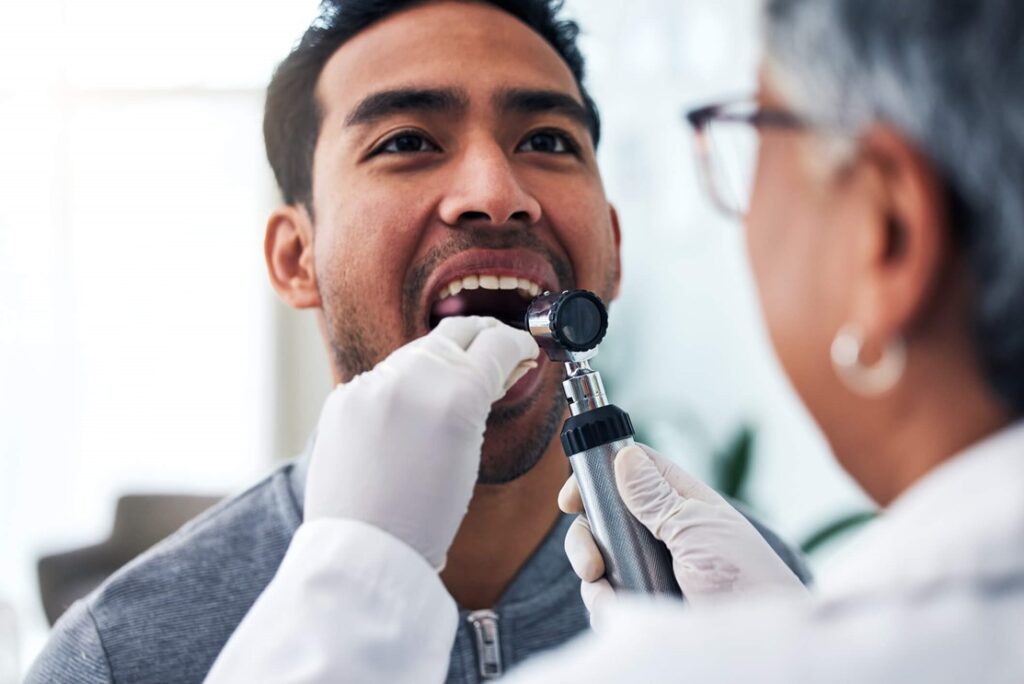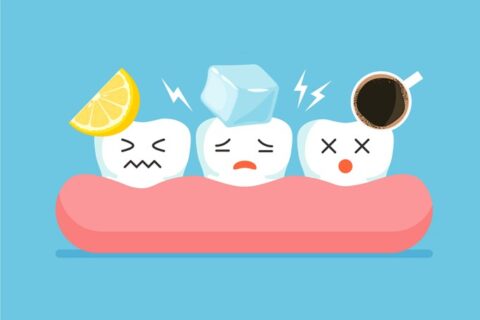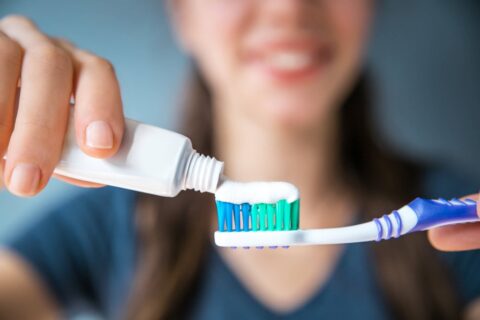Debunking Myths About Oral Cancer
As one of the most overlooked and misunderstood categories of cancer, oral cancer is shrouded in myths and misconceptions. Many people assume it’s only a threat for heavy smokers or older adults. Others dismiss early signs of oral cancer because they’re painless. However, assumptions like these can lead to late diagnoses and missed opportunities for early treatment.
With oral health awareness on the rise in Scottsdale, it’s time to set the record straight. Here’s what you need to know about cancer and dentistry to protect yourself and your loved ones.
Myth 1: Only Smokers Get Oral Cancer
Tobacco use is a well-known risk factor, but it’s not the only one. In fact, a growing number of oral cancer cases are found in patients who have never smoked a day in their lives. One major reason is human papillomavirus (HPV). This virus, which is present in a significant percentage of adults, is now among the leading causes of oral cancers, especially those occurring in the throat and tongue.
Other factors that increase risk include alcohol consumption, sun exposure to the lips, and repeated trauma to soft tissues in the mouth. So, thinking you’re in the clear because you’ve never smoked is just plain wrong.
Myth 2: If It Doesn’t Hurt, It’s Harmless
Most people expect cancer to announce itself loud and clear, but oral cancer often doesn’t. In its early stages, it typically presents as subtle white or red patches, small ulcers, or bumps that may not cause any pain. These can be tucked away in areas that are hard to see, like the underside of the tongue or the back of the throat.
Many non-cancerous issues, like canker sores or minor soft tissue trauma, do hurt and heal relatively quickly. On the other hand, cancerous lesions often don’t cause pain early on and won’t go away on their own.
The lack of discomfort is precisely why so many cases go unnoticed until the disease has advanced. Regular dental exams and oral cancer screenings are an effective way to catch issues before symptoms intensify.
Myth 3: Mouth and Throat Cancers Are Rare
There’s a persistent belief that oral cancers are uncommon, but global data says otherwise. According to the World Health Organization, lip and oral cavity cancers rank among the top 13 most common cancers globally. While they don’t get as much media attention as other forms of cancer, they affect hundreds of thousands of people every year.
Myth 4: Only Older Adults Are at Risk
While age increases the likelihood of many types of cancer, including oral cancers, being under 45 doesn’t make you immune. More young adults, particularly those exposed to HPV, are being diagnosed than ever before. According to a review published in Frontiers in Oncology, the incidence of oral cancer in patients under age 45 has risen from 3% to 5% in the 1970s and 80s to approximately 10% in 2024.
Myth 5: Once Oral Cancer Is Treated, It’s Gone for Good
It’s a relief to be declared “cancer-free,” but that doesn’t mean you can forget about it entirely. People who have had oral cancer once have a higher risk of developing it again. Ongoing monitoring and follow-up visits are crucial for detecting recurrences early.
Signs of Oral Cancer to Watch For
Early symptoms can be easy to miss, making routine screenings and self-awareness crucial. Here are the signs worth pointing out to your dentist, especially if they persist longer than a few weeks:
- White or red patches on the gums, tongue, tonsils, or mouth lining
- A sore that refuses to heal
- A lump or other growth inside the mouth
- Hoarseness or other voice changes
- Pain while chewing or swallowing
- Difficulty moving the jaw or tongue
- Persistent bad breath
- Unexplained weight loss
- Loose teeth without a clear dental cause
- Ear or jaw pain
How to Reduce Your Risk of Oral Cancer
Lifestyle changes paired with routine dental care can dramatically lower your risk. Here are some smart daily habits and proactive care tips to follow:
- Avoid all forms of tobacco
- Limit alcohol intake
- Practice safe sex and consider HPV vaccination
- Wear lip balm with SPF to protect against sun damage
- Eat a nutrient-rich diet loaded with fruits and vegetables
- Keep up with regular dental exams, where screenings are included
Trust S&C Dental Scottsdale
Great dental care begins with trust, comfort, and consistency. The dentists at S&C Dental Scottsdale have treated thousands of patients over the years with expertise spanning every aspect of cosmetic, emergency, and family dentistry. We listen closely, treat gently, and help patients stay ahead of serious conditions like oral cancer with proactive, thorough exams. Request an appointment at our Scottsdale office today, and we’ll help keep your smile strong, bright, and well-protected.



